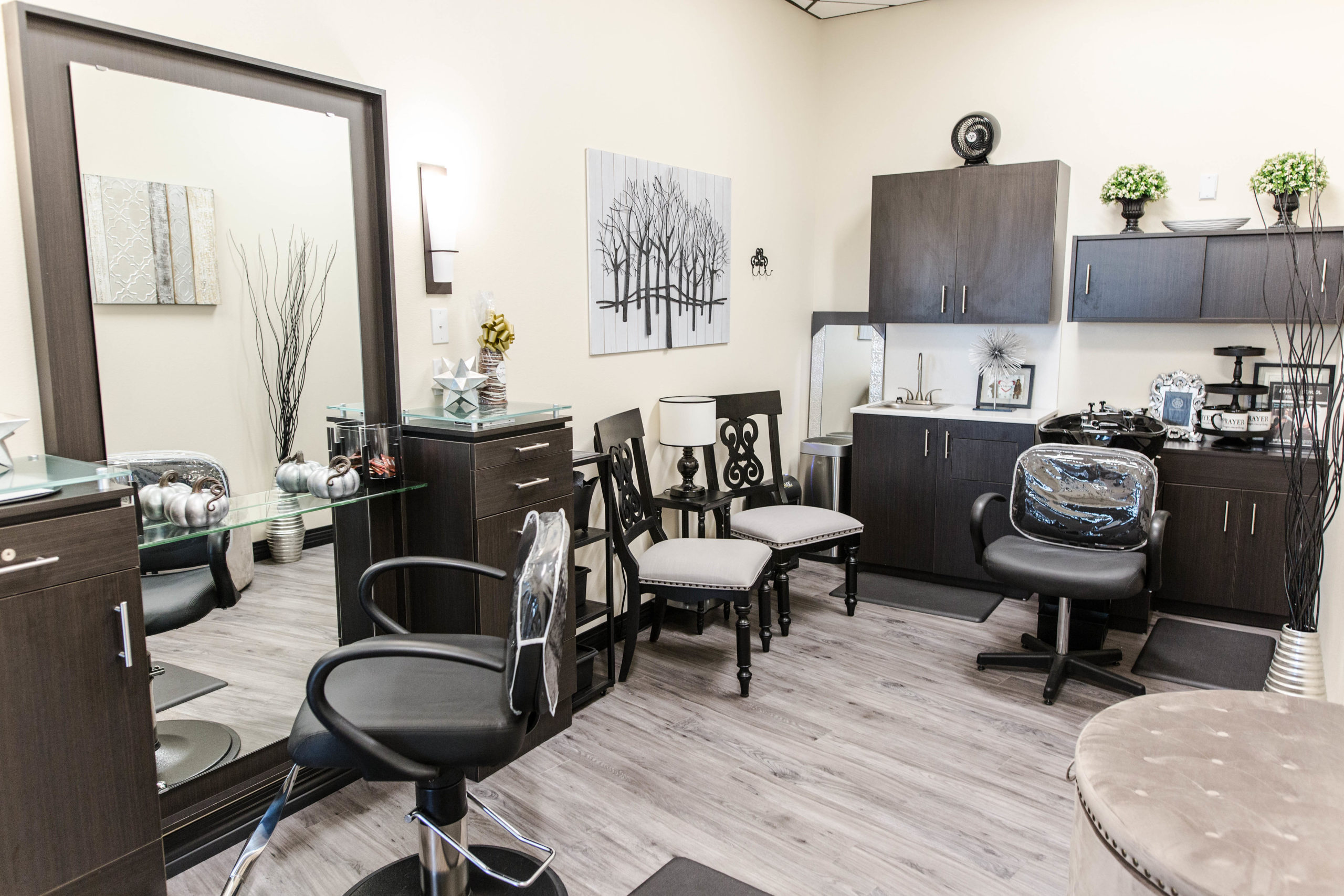The initial costs of opening a business can range from tens of thousands to hundreds of thousands or more than a million dollars, depending on the opportunity.
Entrepreneurs can experience sticker shock as they add up their estimated expenses and prepare a budget. But after digging deeper, investors discover creative ways to increase their liquidity, and their dreams of business ownership are often more within reach than they may initially seem.
In many cases, franchise owners are better positioned than independent business owners to benefit from creative financing options, because banks are more likely to approve loans for people who are backed with a strong franchise’s proven brand and business plan.
When it comes to franchise financing, investors simply need to understand the options available to them; and research the best fit for their financial needs.
How 401(k) Rollovers Work
Maybe you don’t want to take out a loan. You don’t want to pay interest and monthly payments. You have the personal savings to cover the costs of opening a franchise, but the money is tied up in your retirement accounts.
Rollovers as Business Start-ups (ROBS) are arrangements that allow entrepreneurs to put retirement funds toward business start-up costs without facing the penalties and fees typically associated with prematurely tapping these types of accounts. Rather than investing in the stock market, as you would be by keeping the money in a 401(k) or IRA, you’re investing in a business’s potential.
This is a highly complex tool for commercial real estate investing that may not be a good option for everyone. It’s important to understand the pros and cons of ROBS arrangements and employ help from trained professionals to prevent harmful and costly mistakes.
Loans to Consider
Loans are perhaps the most common way to bridge the gap between your personal savings and the total initial cost of opening a franchise. There are countless loans you can consider, but most of them fit into the following four categories.
*Small Business Administration (SBA) Loans
This type of loan is the gold standard.
An SBA Loan is a type of loan certain banks offer business startups, and they tend to have lower interest rates and more preferred terms for borrowers than conventional loans.
Banks can offer those favorable terms because the government, through the Small Business Administration, has agreed to repay a large portion of an SBA loan if a business fails, and the borrower can’t make monthly payments. The banks take on less risk and can therefore offer better terms.
According to Forbes, the minimum requirements for entrepreneurs interested in an SBA loan are two years of business experience, a credit score of no less than 640, and $100,000 in annual revenue for your business. The application process is also time-consuming and requires a great deal of documentation.
*One important note: MY SALON Suite does not qualify for SBA loans. However, all other options listed do work with the MY SALON Suite business.
Conventional Bank Loans
Much like borrowing money from a bank to buy a house, entrepreneurs can borrow money to start a business. The greatest difference between an SBA loan and a conventional loan is that a conventional loan is not backed by the government.
Conventional bank loans are typically easier to access and have a less time-consuming application process than an SBA loan, but they may include higher interest rates and less ideal terms because they are not guaranteed by the government and are therefore riskier for banks.
Borrow From or Partner With a Friend or Family Member
Perhaps you have the vision, enthusiasm, and dedication to build a thriving business. What you’re lacking is the capital needed to bring it to life. For various possible reasons, you can’t get a bank loan or you don’t want one. Another option is borrowing from or partnering with a friend or family member to purchase the business.
Experts recommend putting loan agreements with loved ones and peers in a signed agreement that thoroughly explains everyone’s role in the business and the terms for repaying the money.
Franchisor Financing and Partner Lenders
While it is a good idea to research your options and talk to multiple banks independently, make sure to check whether your franchisor offers financing or if the company has a lending partner. Franchises tend to list this type of direct financing or partnership publicly on their website.
Some franchisors will either loan money directly from the company or partner with lenders who design loans tailored to meet their specific franchisees’ needs. This is often the least stressful and most efficient route to cover costs of opening a franchise, including initial fees, equipment, renovations, and other expenses.
Unlike finding loans yourself, you won’t have to waste time and money finding second and third loans for unexpected or unqualified expenses because the franchisor typically designs the loan to cover everything needed to successfully launch your business.
MY SALON Suite partners with efficient funding and financing providers to better help their franchise partners. Loans are specifically designed to accelerate franchisee growth, with a diverse lender network to provide a host of conventional and equipment loan options. Learn how much it takes to get you started.

